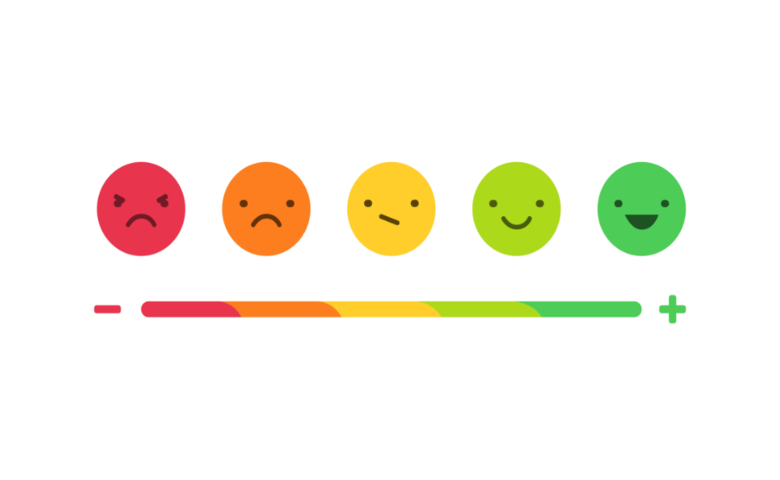When launching a prescription medicine or medical product in France, one of your first and most important decisions is selecting an exploitant.
In the unique French regulatory framework, the exploitant is the legal and regulatory entity responsible for placing the product on the market. They hold the marketing authorization, ensure compliance with ANSM requirements, manage pharmacovigilance, and often coordinate distribution. In short — they are your partner in ensuring your product is compliant, safe, and available for patients.
But with dozens of potential exploitants in France — from niche players to larger service providers — how do you choose the right one for your product and strategy?
Here’s a step-by-step guide and a comparison grid you can use to make a confident, informed choice.
✅ Why the Right Exploitant Matters
Your exploitant is much more than an administrative box-ticker. They:
- Interface directly with French health authorities (ANSM, CEPS, etc.)
- Are legally accountable for your product’s compliance and safety
- Can support your market access and distribution strategy
The wrong choice can lead to regulatory delays, communication breakdowns, or reputational risk — while the right partner can save you time, money, and stress.
🔍 Criteria to Evaluate Exploitants
Below are the key criteria you should consider when evaluating candidates, along with why each matters:
| Criteria | Why It Matters |
|---|---|
| Regulatory Expertise | Ensure they know your product type, the dossier requirements, and ANSM processes. |
| Therapeutic Area Experience | Prior experience in your indication often means better insight and fewer mistakes. |
| Quality System (GMP/GDP) | They must have a proven, audited quality system to meet inspection standards. |
| Pharmacovigilance Capabilities | 24/7 vigilance with robust processes is critical to patient safety and compliance. |
| Capacity & Flexibility | Can they scale with your needs, or will you outgrow them? |
| Communication & Transparency | Are they responsive, proactive, and clear in reporting and decision-making? |
| Reputation & References | Check feedback from past clients and their track record with authorities. |
| Value-added Services | Do they offer extras like distribution, warehousing, or market access support? |
| Cost & Contract Terms | Are fees transparent and terms fair, without hidden surprises? |
📊 How to Compare Exploitants: A Scoring Grid
To compare potential partners objectively, you can use a weighted scoring grid like the one below:
| Criteria | Weight | Score (1–5) |
|---|---|---|
| Regulatory Expertise | High | |
| Therapeutic Area Experience | Medium | |
| Quality System (GMP/GDP) | High | |
| Pharmacovigilance Capabilities | High | |
| Capacity & Flexibility | Medium | |
| Communication & Transparency | High | |
| Reputation & References | High | |
| Value-added Services | Low–Medium | |
| Cost & Contract Terms | Medium |
Rate each exploitant on a scale of 1 (poor) to 5 (excellent), multiply by the weight, and total the scores. This gives you a data-driven way to see who best fits your needs.
🚀 Final Tips
- Don’t base your choice solely on price — compliance, safety, and reliability are worth paying for.
- Take time to speak with references and ask about past audits or ANSM inspections.
- Clarify contract terms upfront, including responsibilities, KPIs, and exit clauses.
Need help?
At Elliogen, we help pharmaceutical companies navigate the French market — including finding and negotiating with the right exploitant partner. We’re happy to provide guidance free of charge in the early stages, and we can support your commercial and market access strategies as you move forward.
📩 Get in touch if you’d like advice or a custom shortlist of exploitants for your product. Contact us at hello@elliogen.com

Leave a Reply